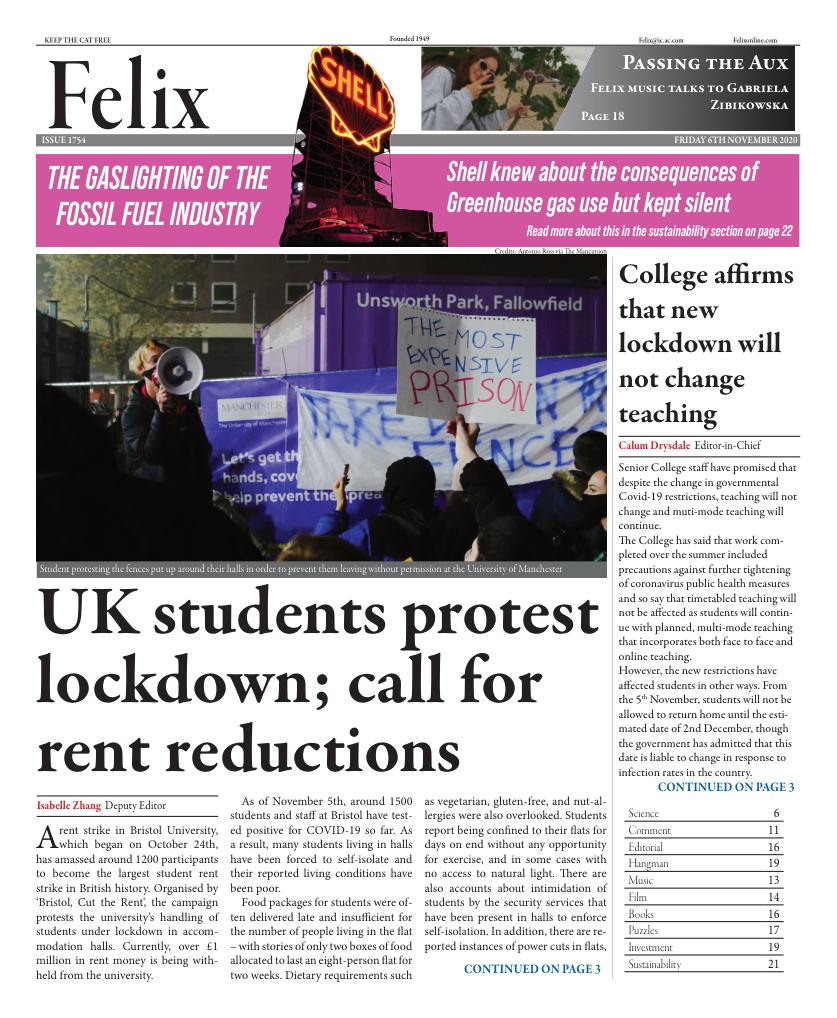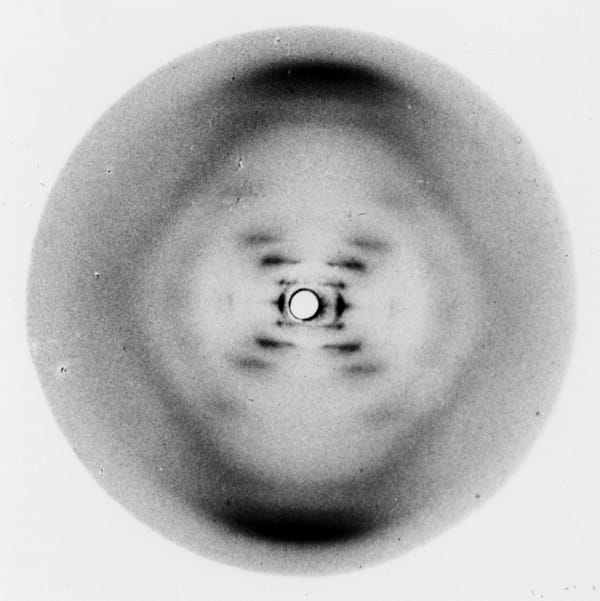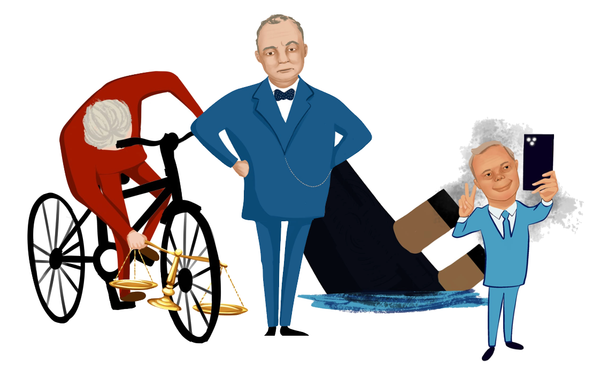What the US Election Result Means for Science
Science Editor Lily Sheperd discusses the effect fo the US election on science
The 2020 US Presidential Election was too close to call on the night, and will be confirmed in the coming days as the final mail-in votes are counted and finalised. It has been a strange four years for science in the U.S, and many scientists would rejoice at a win for Biden, but would that really be a win for science?
At the start of October, the prominent U.S. journal Scientific American released an article from “the editors”, endorsing Joe Biden for president. This was a jaw-dropping thing for an independent scientific journal to do, and Scientific American had never in their 175-year history endorsed a presidential candidate. The article set out several reasons why Biden is “guided by the science”, citing his policies on climate change and public health, and accused Trump of “rejecting evidence and science”. Similarly, The New England Journal of Medicine broke with 208 years of tradition and condemned Trump and his response to the global pandemic.
It certainly appears true that Trump’s approach to the pandemic has not been led by scientific advisers. On the same day that the WHO declared coronavirus to be a global health emergency, Trump told a crowd in Michigan that it was “under control”. At a rally in February, he referred to the virus as the Democrats’ “new hoax”. And he regularly spread misinformation about untested treatments for the virus, including disinfectant and hydroxychloroquine. His consistent refusal to wear a mask, and mocking of those who do, suggested a complete disregard for the many scientists who support their use as a preventative measure.
Biden would be inheriting a chaotic pandemic response
So is Biden’s track record any better? His policies and general rhetoric do seem to favour a scientific approach to dealing with the virus. He has publicly named the leading scientists who are advising him, all of whom are respected in their fields (such as the epidemiologist, paediatrician and FDA chief David Kessler), while Trump prefers to appoint experts in industry and business as his advisers. Biden has promised that he will hold daily briefings that “put scientists and public health leaders front and center” and has pledged to rejoin the WHO.
But it is easy to present an optimistic recovery plan when you are running for president. It is less easy to put it into action once you get to the White House. Biden would be inheriting a chaotic pandemic response from the incumbent president, which he would have to rapidly turn around if he wants to bring the fast-moving pandemic under control. He would also be inheriting a lot of public mistrust of national and international health authorities, such as the FDA and the WHO, as well as a politicisation of the pandemic that will be hard to undo.
Environmental and climate change policy will be similarly difficult to deal with. In his first few months as president, Trump signed an order directing the Environmental Protection Agency (EPA) to repeal limits on carbon emissions from power plants that had been set under the Obama administration. A few months later, he withdrew the U.S. from the 2015 Paris climate accord. He later removed key scientists from advisory committees in the EPA and replaced them with industry representatives.
Biden has a lot of work to do to re-establish the U.S. international position in tackling climate change, and to undo the heavily pro-fossil fuel policies that have been pushed by Trump. He has pledged $2 trillion to tackle climate change – the most ever pledged by a presidential candidate on this issue. He aims to develop the renewable energy industry and in doing so, create millions of new jobs. These plans are, however, incredibly ambitious. Biden will need to get this amount of spending approved by Congress, which could prove very difficult given the closeness of the election.
It is clear that Biden has run on a platform that is backed by science and scientists, and Trump has opted for economy and industry led politics. If Biden does get into the White House in January, he has a lot to do to rebuild relationships with scientists and restore public faith in science. The next four years could tell us whether he is the man to do that.






